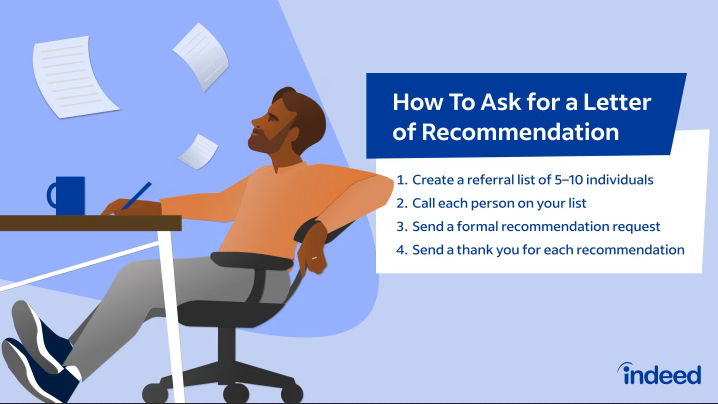Eight Ways To Turn Internships Into Job Offers
The most dreaded aspect of graduating is securing a job when companies are interested in experience primarily. However, all students have a trick up their sleeve on which they can leverage to seamlessly integrate the professional world after graduation. This trick is called an internship. Internships are required hands-on activities carried out at a workplace by a student in order to learn a trade, a job. Internships actually put our foot in the door of employment. Turning an internship into a job offer is a great way to gather experience, and to secure a long-term position with the company. Below, you will read eight tips to help you turn your internship into a job offer.
To Be Read:
Eight Ways to Turn Internships into Job Offers
Eight Ways to Turn Internships into Job Offers
- Show initiative
- Be proactive
- Build relationships
- Express your interest
- Be open-minded
- Request Recommendations
- Follow up
- Mention it on Resumes
1. Show Initiative

Taking initiative is doing the right thing without being told. Take on tasks and responsibilities that go beyond your job description. Show that you are willing to go the extra mile, take on new challenges, and contribute to the company’s success. However, make sure not to overdo it, and to seek for help timely if you make a mistake
2. Be Proactive

Having proactive thinking refers to a person’s ability to anticipate events so that he/she can take control of a situation and prepare for the situation ahead of time. Similar to taking initiatives is being proactive. Keep in touch with your supervisor and co-interns throughout your internship. Seek feedback on your work and make improvements to ensure you’re meeting the organisation’s expectations. Equally, before ending your academic internship, request for a professional internship. The difference between professional and academic internships is that you will be under the company’s assessment, not your school’s assessment.
3. Build Relationships

Professional relationships are those between individuals in a professional setting, such as at work or in business. Networking is vital to building sustainable relationships within an organisation. Attend events, initiate conversations with everyone at the workplace regarding the function of the place, job positions and ranking, and make connections that could lead to a job offer.
4. Express Your Interest

Following your networking, let your supervisor or recruiter know that you are interested in working for the company after your internship ends. Ask about any job openings or future opportunities that may be available. You could even make it formal with a letter of interest by hiring someone to write a letter of interest.
5. Be Open-inded

If the company doesn’t have any full-time openings available, consider part-time or voluntary service. It may be a good way to get your leg in the door (remember, with the internship, your foot is already in the door) and to gain additional experience.
6. Request Recommendations

It may not be obvious, but internships actually serve as work experience. At the end of your internship, request for a recommendation letter signed by your supervisor, or an attestation awarded from management clearly stating your role and accomplishment. Writing a formal request for recommendation maybe be daunting, so I would recommend you hire someone for that.
7. Follow-Up
After your internship ends, follow up with your supervisor or HR representative. Thank them for the opportunity, express your continued interest in the company, and subtly enquire about any newly available job openings. If you need help writing an internship follow-up email or a job application follow up email, hire someone now.
8. Mention Internships on Resumes
Until you have revved up your career and gained enough traction, you should always mention internships on your resumes. Place them below the profile section and above the education section on your resume as work experience. Mention the internship site, location, duration, supervisor, and bullet your accomplishments. For example: internship carried out at company XYZ under the supervision of Mr/Mrs ABC from A-date to Z-date during which I…
Conclusion
It is frustrating to be labelled ‘under-qualified’ after a job interview, simply because the recruiter does not have time to train you adequately or offer you a place to implement your knowledge to gather the experience you require. However, employers and recruiters are more than pleased to on-board volunteers and interns as a form of community spirit. Above, we have listed eight tips to turn academic internships into job offers.

